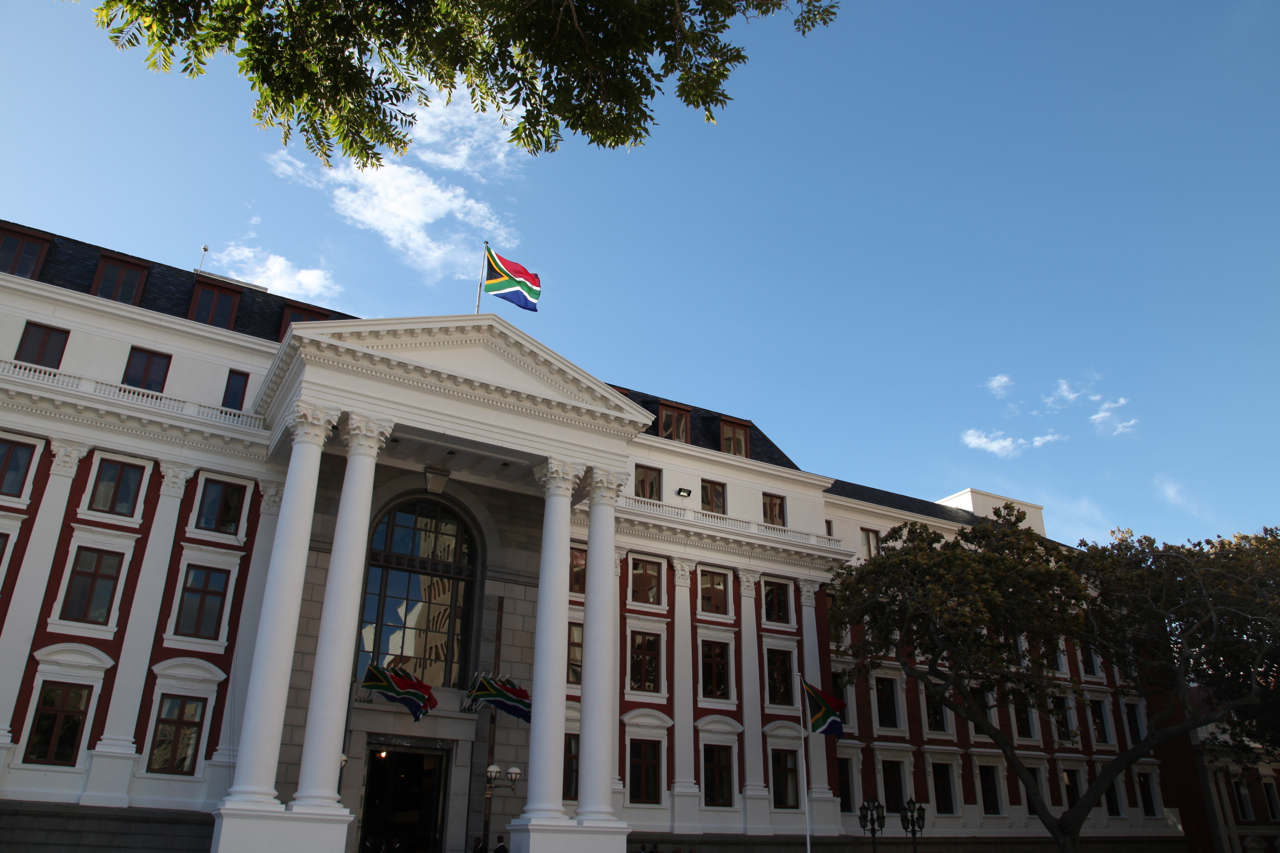Parliament descended into chaos on Thursday evening, as determined EFF members went through with threats to question President Jacob Zuma over when he would “pay back the money”, in regards to upgrades at his Nkandla homestead. Amidst the party’s refusal to adhere to calls to leave the National Assembly, security forces were called in to physically remove members, resulting in clashes between parliamentary members and security.
The fracas, coupled with several other incidents on the evening, largely overshadowed Zuma’s 8th SONA address. The speech itself contained several key moves on the part of government, and according to the head of policy and analyses at the Institute of Justice and Reconciliation (IJR), Jan Hofmeyer, issues of land reform would likely have taken centre stage bar the evening’s events.
“Probably what would have made the headlines is the land reform announcement, very basically noting that private owners will not be allowed to own more than 12 000 hectares, and that foreigners will no longer be allowed to own property in South Africa,” he stated.
According to Hofmeyer, many of the announcements made during the address were in fact current measures simply being “repackaged”, including several infrastructural programmes and initiatives. As an overall contents assessment, he described it as the weakest SONA of Zuma’s tenure.
Much of the rhetoric post-SONA has been on that of the omissions from the president’s speech, amongst this the lack of attention given to safety and crime, as well as poverty and inequality.
“These are some of the critical factors, and are part of the three critical issues that government itself has identified. He has talked to some extend on the question of employment, and I think the recent labour force survey results somewhat came to his rescue, with a very small increase in employment,” he noted, adding that the speech was out of touch with the needs and desires of ordinary South Africans.
An alarming aspect of SONA 2015 relates to the securitisation of parliament during the event, with many believing some of the steps taken crossed constitutional boundaries. Hofmeyer stated that whilst government had in recent years taken subtle steps to muzzle critique of the ruling party, Thursday’s events showed a very different approach.
“Even before SONA started police were engaging with supporters of opposition parties in the street, and there is video footage today of members being manhandled. We’ve seen the scrambling of signals within parliament itself, and then also the entry of what one can describe as ‘storm troops’ into parliament,” he explained.
He added that such actions showed an authoritarian streak entering into the country’s political structure. Similar, he was also critical of the EFF’s manner of dealing with the situation using violence.
“Basically the two parties that are shaping the political discourse in SA both have very strong authoritarian streaks. I think this is a very concerning development,” he said. VOC (Mubeen Banderker)






 WhatsApp us
WhatsApp us 

